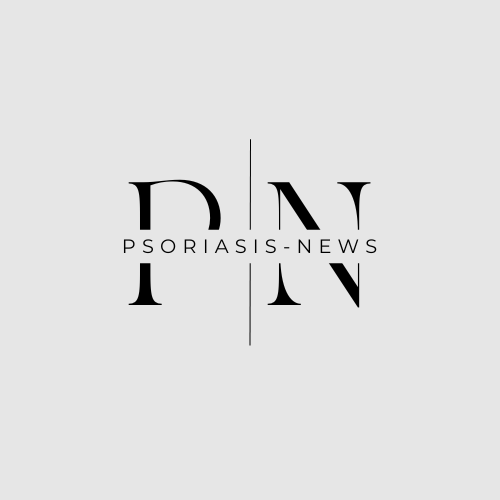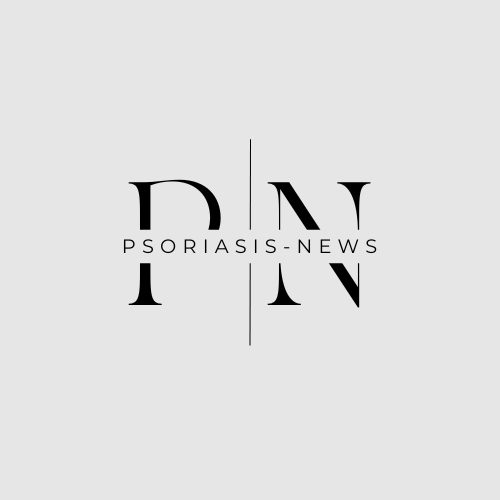Dermatologie (Heidelb). 2023 Nov 14. doi: 10.1007/s00105-023-05251-1. Online ahead of print.
ABSTRACT
BACKGROUND: Anogenital disorders encompass a broad spectrum of conditions with diverse pathogenetic origins, often presenting with nonspecific symptoms and overlapping causative factors, thereby posing diagnostic and therapeutic challenges. Effective management requires interdisciplinary knowledge and the use of medical guidelines. Guidelines can play an important role in translating current knowledge into clinical practice and ensuring consistent care, minimizing complications, and optimizing patient outcomes.
OBJECTIVE: The dermatologically relevant guidelines for anogenital disorders, categorized by etiological groups, are reviewed.
MATERIALS AND METHODS: A selective literature review was conducted, incorporating data from the guideline repository of the Association of the Scientific Medical Societies in Germany (AWMF).
RESULTS: A broad range of current guidelines pertinent to the management of anogenital disorders with relevance for dermatologists is available. These encompass guidelines for the management of chronic inflammatory dermatoses with (potential) involvement of the anogenital region, such as anal eczema, psoriasis, lichen sclerosus, or lichen ruber, as well as sexually transmitted infections and associated conditions, involving a broad range of pathogens, including gonorrhea, chlamydia, syphilis, or human papillomaviruses (HPV)-associated disorders. In this article, we provide an overview of the available guidelines.
CONCLUSION: The present article does not claim to be exhaustive. The validity of the mentioned guidelines and the availability of updates needs to be verified in each case.
PMID:37962648 | DOI:10.1007/s00105-023-05251-1

